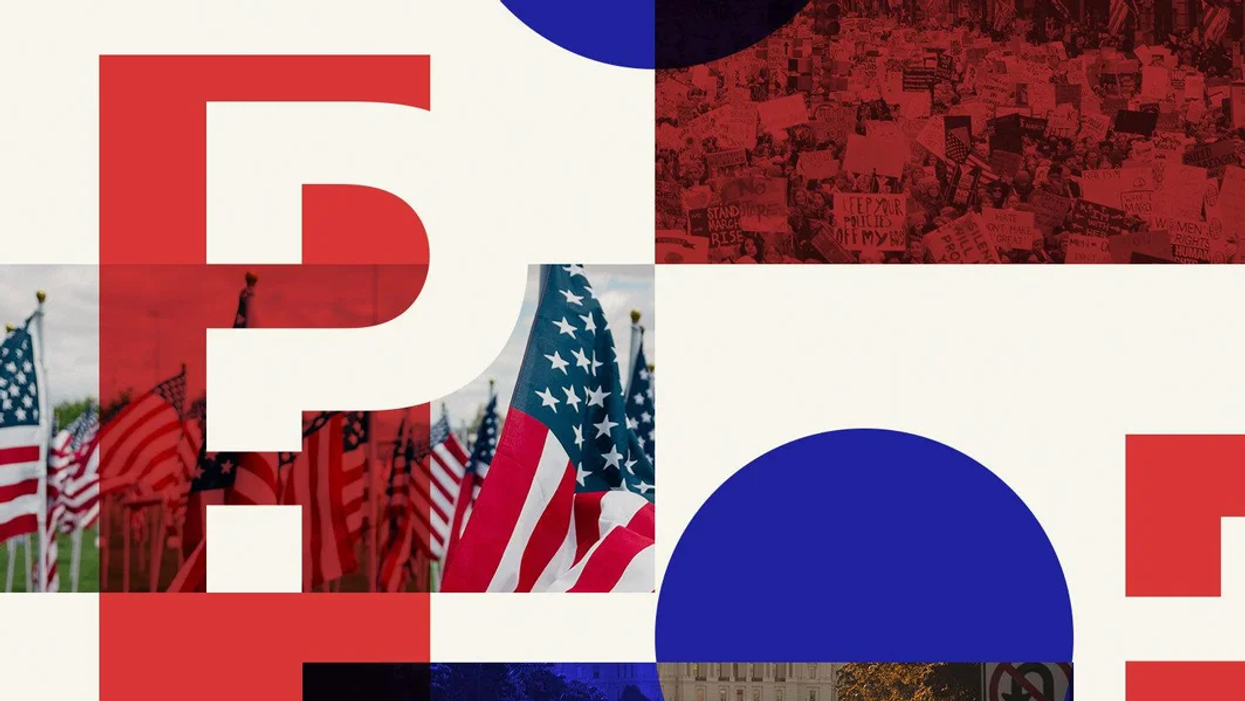Editor's note: This article has been updated to correct the spelling of Seth Masket's name.
In this episode of "Politics In Question," Seth Masket joins Julia and James to consider how losing an election affects partisans.
Market is a professor of political science and the director of the Center on American Politics at the University of Denver. He is the author of several books and articles on political parties, campaigns and elections, and state legislatures. His most recent book is "Learning from Loss: The Democrats 2016-2020" (Cambridge 2020). Masket contributes regularly at FiveThirtyEight, Mischiefs of Faction, and the Denver Post.
He is currently working on a book project examining the Republican Party’s interpretations of the 2020 election and its preparations for 2024.Who holds power in the Democratic and Republican parties after an election defeat? Does the location of power vary between the two parties? How do partisans explain losing an election? And how do party leaders and partisan activists try to frame election defeats to gain leverage on their intra-party rivals? These are some of the questions Seth, Julia, and James discuss in this week’s episode.




















Trump & Hegseth gave Mark Kelly a huge 2028 gift